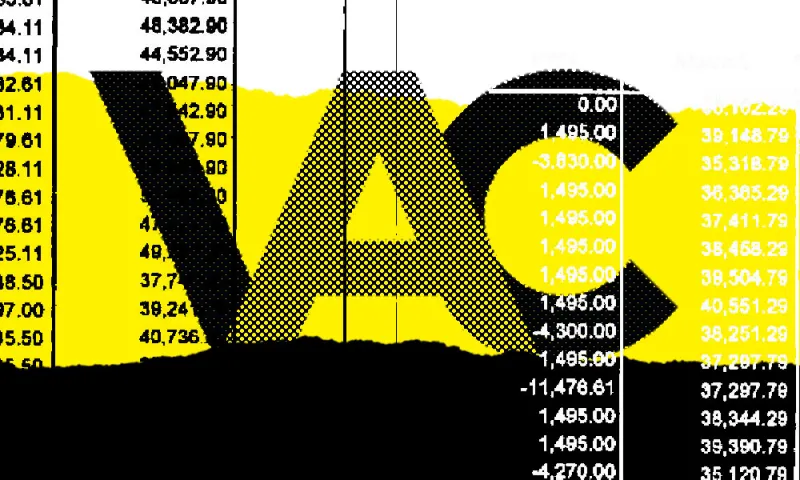ValueAct Capital has placed a sizable wager on financial stocks.
In its second quarter letter obtained by Institutional Investor, the hedge fund firm led by Jeffrey Ubben said its weighting to the sector exceeds 35 percent.
“We believe we are investing in several excellent financial franchises with conservatively capitalized balance sheets and attractive long-term return prospects,” the hedge fund firm told clients.
In a detailed discussion spanning seven pages, ValueAct also laid out why Merlin Entertainment and Olympus Corporation — two non U.S. companies — had graduated to core positions in ValueAct’s concentrated portfolio. Together they accounted for more than $1 billion in capital.
As we earlier reported, ValueAct posted a very strong 7.8 percent gain in the second quarter and 9.8 percent in the first half of the year. Its 21st Century Fox shares contributed to the gains, surging amid a bidding war for some of its key assets.
[II Deep Dive: ValueAct Surges as the Hedge Fund Benefits From Fox Battle]
Rolls-Royce and KKR also gave the firm a boost.
“With our value investing strategy, we search among these kinds of companies that are not today’s market darlings, but nevertheless have strong long-term business prospects and unrecognized value that a board and management team can work to unlock,” the letter reminded investors.
Thus, the big move into financials.
For two quarters now, ValueAct, best known for its activism, has been telling clients that banks in general are “irrationally cheap,” the letter said. “The valuations of this group became even more compelling in the second quarter as their underperformance continued, and we added over $800 million to these investments.”
ValueAct especially deepened positions in Alliance Data, Citigroup, Morgan Stanley, and Sallie Mae.
In the second quarter, the investment outfit boosted its Citigroup stake by 55 percent, making that its largest U.S. public equity holding, according to a 13F filing. Alliance Data Systems — private-label credit card provider — was the second largest position among U.S. longs, while private equity pioneer KKR is its fifth and Morgan Stanley ranked seventh, according to the regulatory filing. Sallie Mae, meanwhile, became the tenth largest long after ValueAct more than quintupled its stake in the student loan company.
“We believe that from a fundamental perspective the large money center banks are safer investments than they have ever been in our lifetimes,” the hedge fund asserted. “We continue to test this theory every day. If we experience an excessive financial stock markdown in the next capital markets correction, we will treat that as a golden opportunity.”
ValueAct said KKR has benefitted by recently converting from a partnership to a corporation. However, it has also built what ValueAct called “a competitively advantaged human-capital franchise in the fast-growing alternative investments industry.”
In the letter, the hedge fund also highlighted two non-financial stocks that recently became critical parts of its portfolio.
U.K.-listed Merlin is best known for its perpetual exclusive license from Lego to own and operate Legoland Parks. It has doubled the number of parks, the number of visitors to several of the parks and added themed hotels to its property. The company — and the stock — suffered from last year’s terror attacks in London. ValueAct used that dip to pick up shares near Merlin’s 2013 IPO price “even as the Merlin team has grown earnings capacity substantially since then.”
Medical device giant Olympus is ValueAct’s first investment in Japan. “We believe Olympus is one of the world’s best medical device companies with a culture of innovation, close relationships with health care practitioners, and an exceptional presence in emerging markets,” ValueAct said. “We see exciting potential for step function earnings growth at the company through efficiency initiatives and sales growth.”







